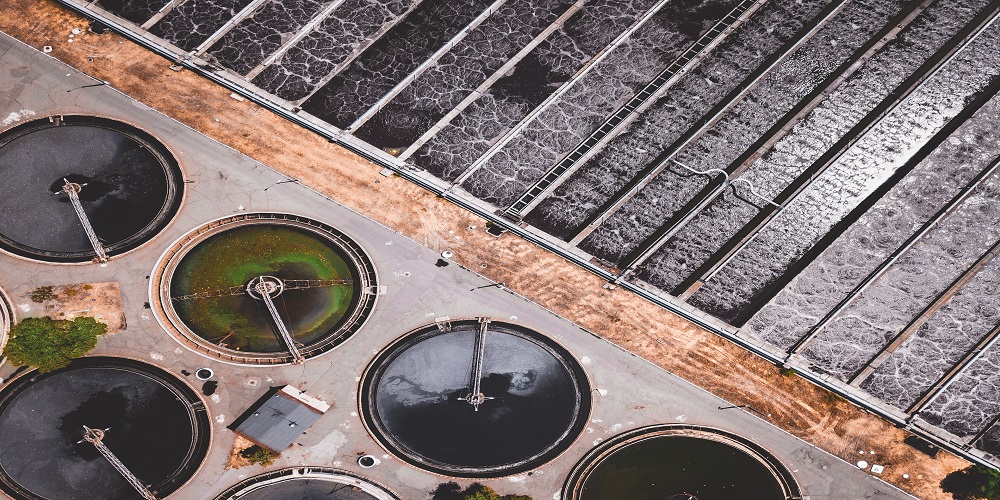Proper maintenance is key to keeping your septic system running smoothly. Septic systems usually last between 15 to 30 years. But maintaining them as required can prevent them from deteriorating fast. Regular inspection and maintenance help detect problems quickly enough to tackle them. This can save you a lot of money in expensive replacements or repairs.
Here are essential septic system services to keep your septic working smoothly:

Routine inspection services
Routine inspection of septic systems is necessary. Some states make them compulsory. For example, Washington homeowners must test their septic systems every year. The gravity feed system must be tested every three years. These routine tests ensure problems are detected and fixed before they become severe.
Pumping services
Septic systems require pumping at regular intervals. It helps prevent sludge and solids from clogging the system and affecting the drain field. The drain field must be clear and free from solids for the systems to work smoothly. A septic system should be pumped every five years at most. Three years is ideal in most average households.
Repair services
A problem can be found during the routine inspection. Regardless of how minor it seems, immediately getting repairs for that problem is essential. Small problems can become big if not taken care of soon enough. It could lead to system failure. When you notice any problem with the septic, it is important to fix it immediately.
Cleaning services
Dirt or other materials can build up in the septic system. Regular cleaning should accompany the routine inspection. It is necessary to remove this dirt and other materials from the system. Otherwise, it might cause blockages and can lead to a system failure.
DIY care for your septic system
Apart from these professional services, you can take care of your septic systems regularly. Here are ways to care for your septic before scheduled cleaning or maintenance:
Use additives
Additives for septic systems help improve the system’s performance. They help slowly dissolve solids. They also produce bacteria that assist in breaking down wastes, minimizing buildup, and reducing odor.
Be efficient with water
Water used in the household goes into the septic tank. Wasting water can flood the system and cause it to malfunction. To improve water use efficiency in the house, do the following:
- Use high-efficiency showerheads.
- Use the small load cycle in the washing machine to wash small laundry loads.
- Replace toilets with high-efficiency ones needing less water per flush.
Proper waste disposal
Everything that passes through your drain ends up in the septic. The only things you should flush are toilet paper and human waste. Other things should go into a trash can. Otherwise, they affect the proper functioning of the septic.
Keep toxins away from the drain
There are helpful bacteria in the septic system that treat household waste. When you pour toxins down the drain, they kill these bacteria and disrupt the system’s proper functioning. Grease, cooking oil, paint, and toxic cleaners are examples of toxins that are bad for the septic. Dispose of these and other toxins properly to keep the drain working smoothly.



